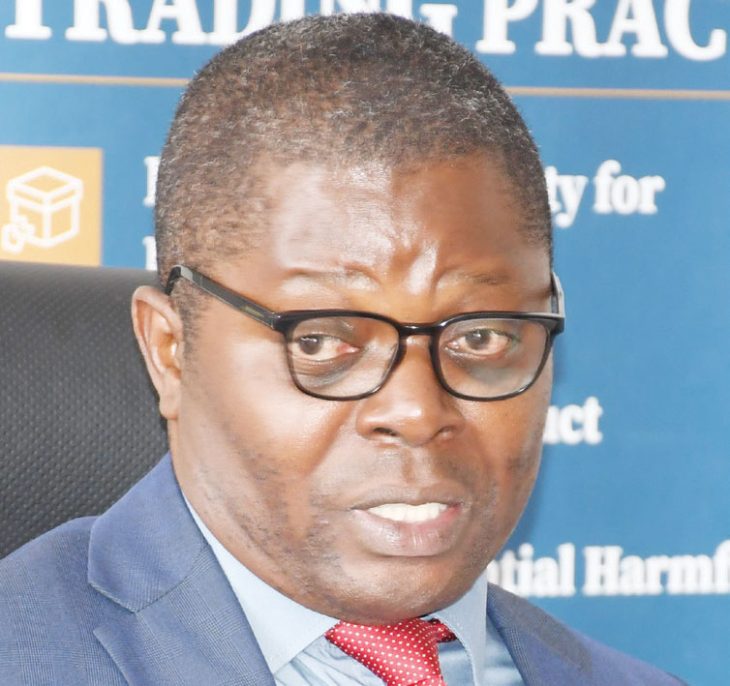
Revitalizing Malawi’s Economy: Tackling Informal Trade Challenges for Sustainable Growth
Key Business Points
- Enforcement challenges: The Competition and Fair Trading Commission (CFTC) is facing difficulties in enforcing fair trade practices in the sugar market due to the dominance of informal traders.
- Informal economy impact: Malawi’s informal economy, estimated to constitute 32.1 percent of the economy, is hindering inclusive economic development and revenue mobilization.
- Economic imbalance: The coexistence of a small formal sector with a larger informal sector is creating an imbalance that hinders economic growth and increases vulnerability to structural and policy shocks.
The Competition and Fair Trading Commission (CFTC) is struggling to enforce fair trade practices in the sugar market, citing the dominance of informal traders as a major challenge. According to CFTC Chief Executive Officer Vincent Lloyd Nkhoma, the commission has been investigating the persistent scarcity of sugar despite major sugar producer Illovo Sugar Malawi starting its production season over two months ago. Zithandizeni pamodzi, or working together, is crucial in this context, as the formal and informal sectors must be regulated to ensure fair trade practices.
The issue is further complicated by the fact that competition laws are primarily designed to regulate formal sector activities, making it difficult to apply them to informal operations. This highlights the need for mpango wa uvumbuzi, or an innovative plan, to address the challenges posed by the informal economy. Malawi’s informal economy is estimated to constitute 32.1 percent of the economy, according to World Economics, and is characterized by businesses that are neither taxed nor monitored by the government.
Economist Marvin Banda observed that Malawi’s economy, where a small formal sector coexists with a much larger informal sector, presents an imbalance that hinders ukongwe wa maumphawi, or economic development. "In a developing economy like Malawi, the revenue-to-GDP ratio is a crucial quality-of-life indicator. Decades of economic deterioration are reflected in high inflation, mounting debt, and weak growth," Banda said. He noted that although there are signs of recovery, the economy remains vulnerable to structural and policy shocks.
The informal sector exists for a reason and should not be dismissed outright, Banda added. Instead, efforts should be made to kubadwa kwa vyuma, or strengthen, the formal sector while also providing opportunities for informal traders to formalize their operations. This could involve providing training and support to help informal traders comply with regulatory requirements and access formal markets. By addressing the challenges posed by the informal economy, Malawi can work towards kulima kwa ajira, or creating jobs, and promoting maendeleo ya kiuchumi, or economic development.
What are your thoughts on this business development? Share your insights and remember to follow us on Facebook and Twitter for the latest Malawi business news and opportunities. Visit us daily for comprehensive coverage of Malawi’s business landscape.
- Malawi’s K1.2tn Gold Smuggling Scourge: A Threat to Business Growth and Economic Stability - February 1, 2026
- Revitalizing Malawi’s Economy: Lower Food Prices Signal New Growth Opportunities - January 31, 2026
- Revitalizing Malawi’s Economy: Tackling Climate Related Underfunding for Sustainable Growth - January 30, 2026
